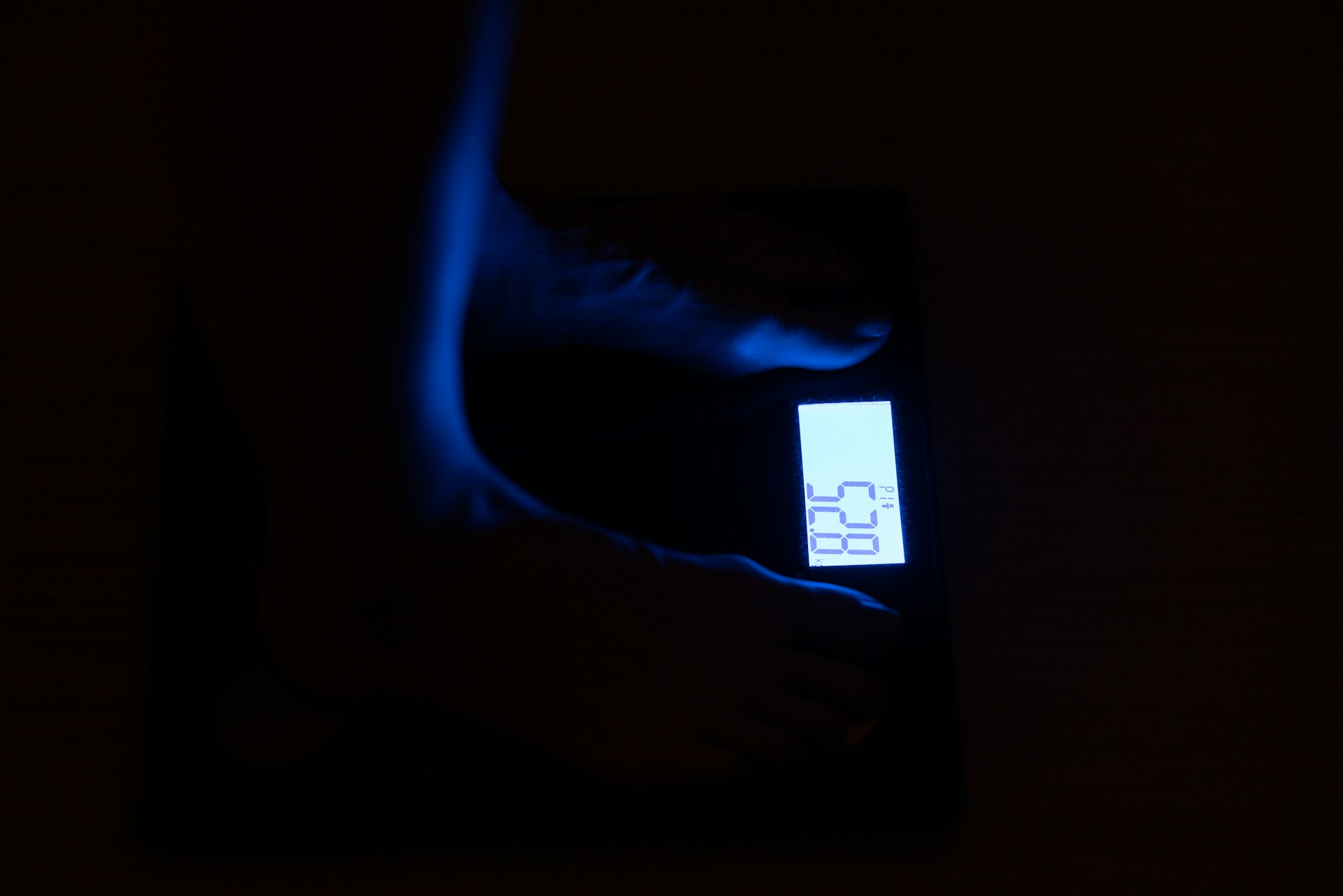The development of a new GLP-1 receptor agonist at Viking Therapeutics helped the company’s shares surge by 150% this week – a testament to how impactful the deployment of new obesity treatments have been in the US thus far. Novo Nordisk and Eli Lilly, which have rolled out Wegovy and Zepbound, will seek to consolidate their massive market share in this class of pharmaceutical products, but they will need to compete with an increasing number of competitors in the pipeline.
The broader impact of weight loss drugs throughout the healthcare sector and the US economy at large will be profound. Insurers and government healthcare programs may find themselves overwhelmed by their elevated prices in the near-term, but hundreds of billions of Dollars in savings may eventually be attributable to the products throughout the next few decades. Snack food companies could find themselves in the crosshairs, as GLP-1s nearly decimate Americans’ grocery spend, but clothing retailers and even airlines could stand to benefit.
Related ETFs: VanEck Pharmaceutical ETF (PPH), SPDR S&P Retail ETF (XRT)
Earlier this month, MRP highlighted the potential addressable market for popular diabetes and weight loss therapies utilizing glucagon-like peptide 1 (GLP-1) receptor agonists, some of which have been as high as $200 billion. Goldman Sachs has forecast that Novo Nordisk and Eli Lilly will control a combined 80% share of market for anti-obesity drugs by the end of the decade. Those two companies have built on successful diabetes therapies in Ozempic and Mounjaro, rolling out Wegovy and Zepbound for weight loss. While these two companies will try to consolidate their first-mover advantage, similar drugs are already in the pipeline to challenge their products that have already faced shortages over the last year. Just yesterday, a mid-stage study at Viking Therapeutics showed the company’s experimental VK2735 drug (an injectable GLP-1 agonist) helped patients struggling with obesity lose an average of nearly 15% of their body weight throughout the 13-week trial period. That is a significantly higher rate of weight loss than the 8% decline witnessed in the first 13 weeks of Zepbound’s Phase 3 study. Participants in Lilly’s trial ended up losing 22.5% of their body weight on average after 72 weeks on Zepbound. Other companies working on GLP-1 agonists, with varying levels of success, include pharma giants Amgen and Pfizer.
Novo Nordisk parent company Novo Holdings acquired pharmaceutical manufacturing company Catalent for $16.5 billion in February to boost the fill-finish process, which involves filling and packaging syringes and injection pens, for Novo Nordisk’s injectable weight loss therapies by 2026. Catalent sites were already manufacturing Wegovy, but Novo Holdings sale of three Catalent sites to Novo Nordisk for $11.0 billion will further concentrate the production capacity of these facilities. As part of Novo’s Q4 2023 earnings call, Novo’s head of North America operations, Doug Langa noted that the company has been trying to overcome the high prices associated with scarce supplies by restricting supply of starter doses to new patients. Per Langa, the company is…
To read the complete Intelligence Briefing, current All-Access clients, SIGN IN All-Access clients receive the full-spectrum of MRP’s research, including daily investment insights and unlimited use of our online research archive. For a free trial of MRP’s All-Access membership, or to save 50% on your first year by signing up now, CLICK HERE










